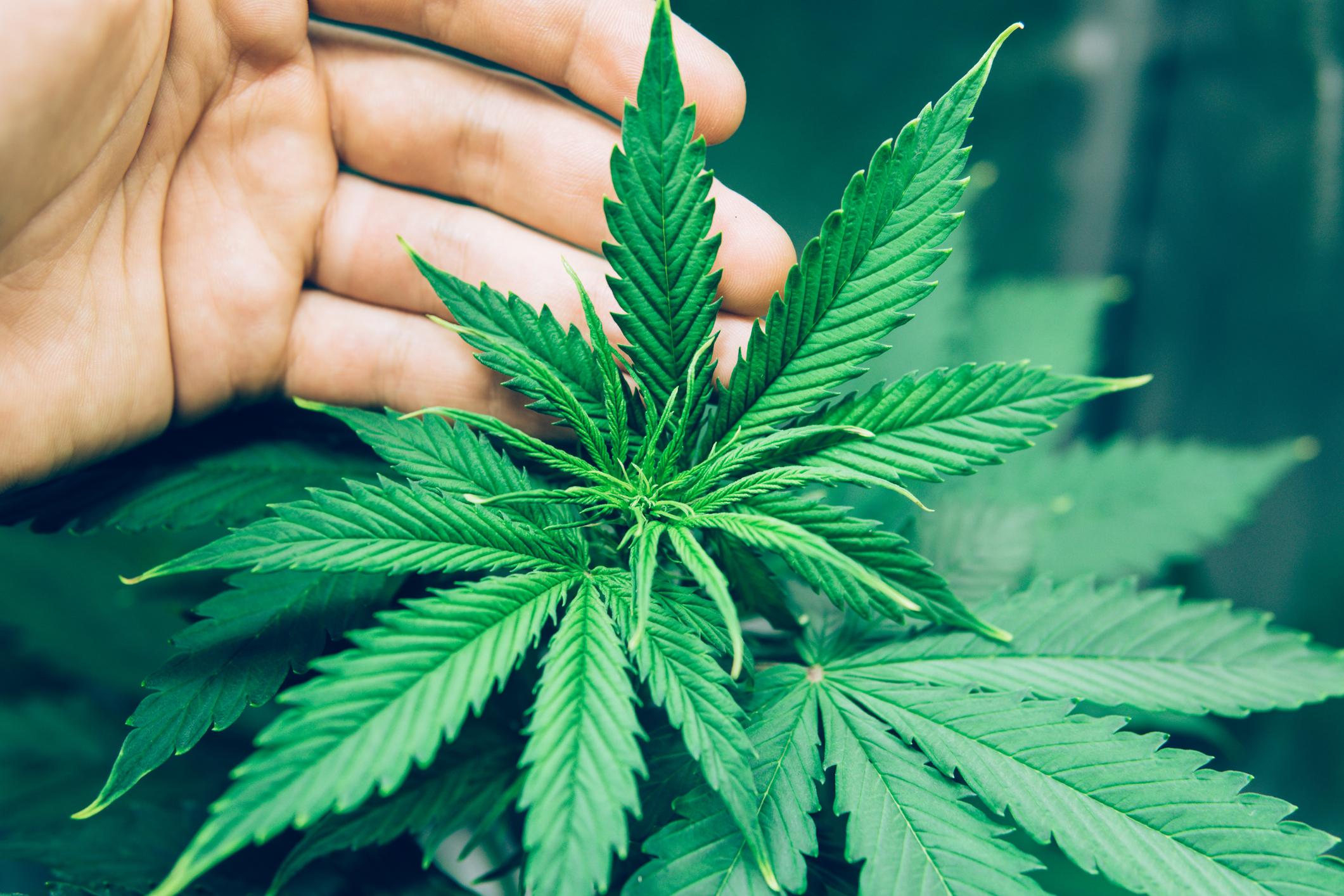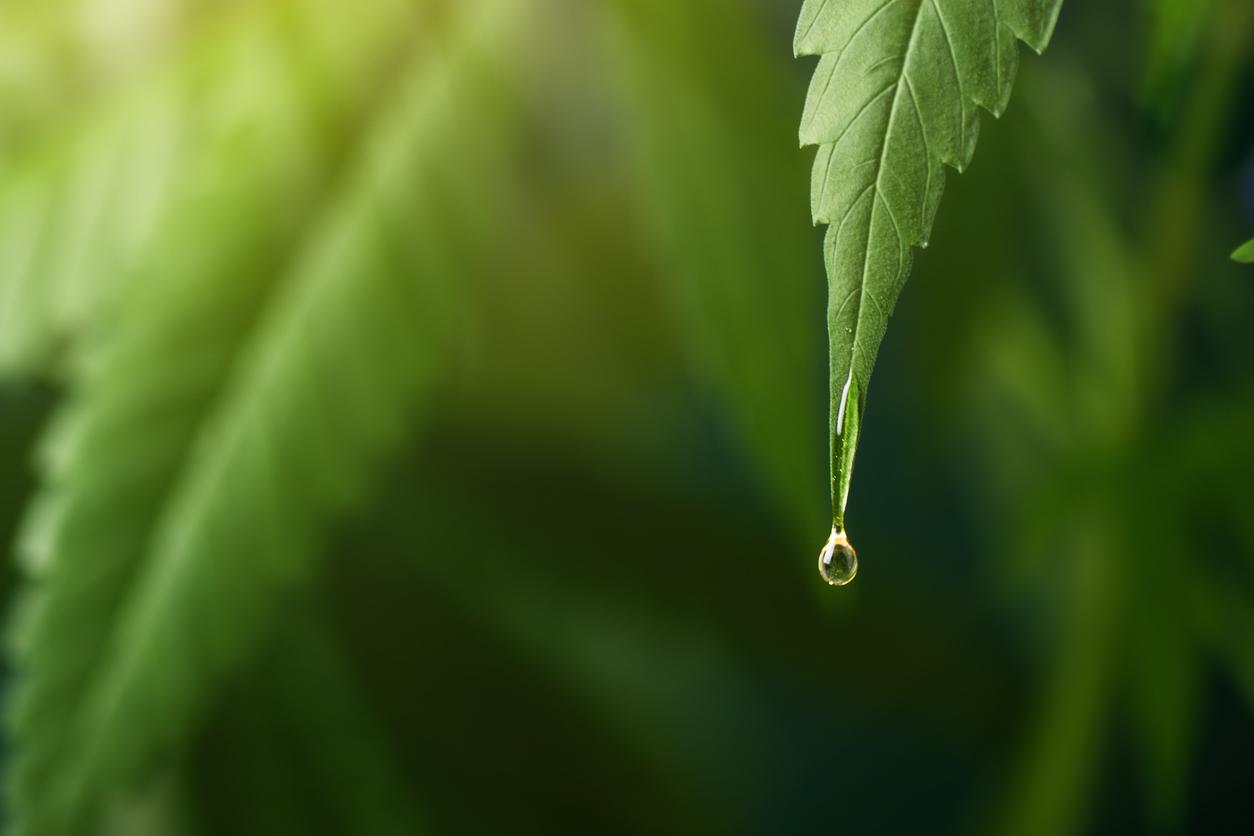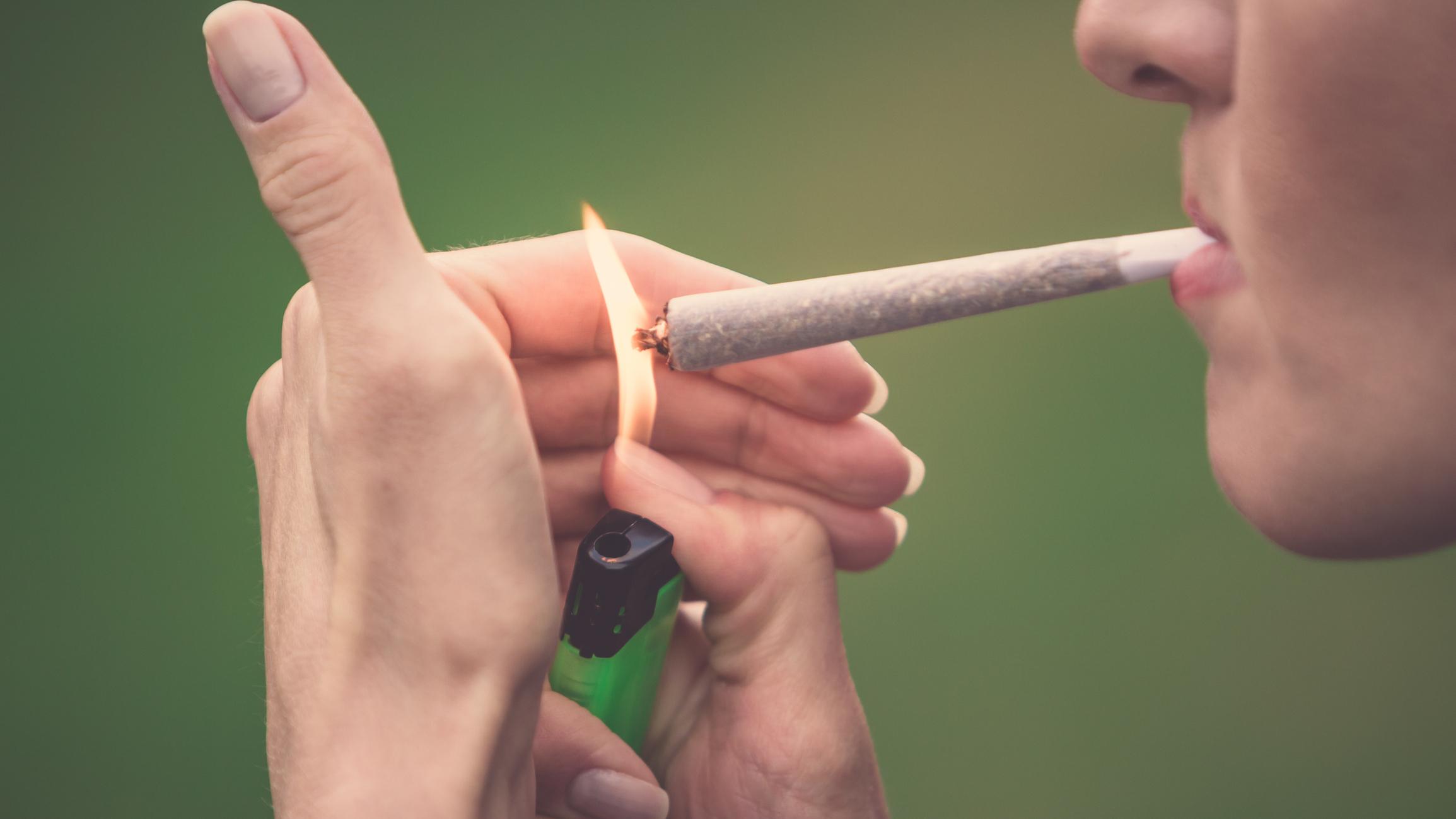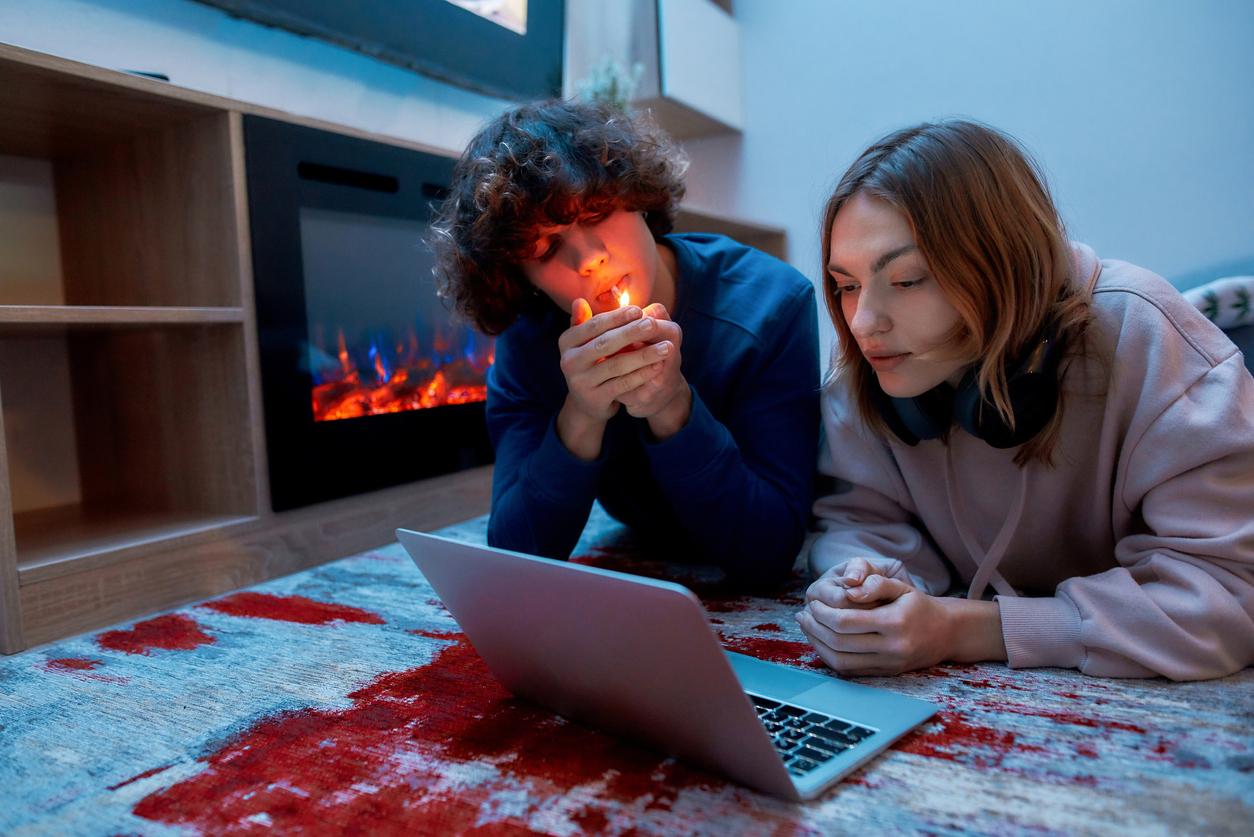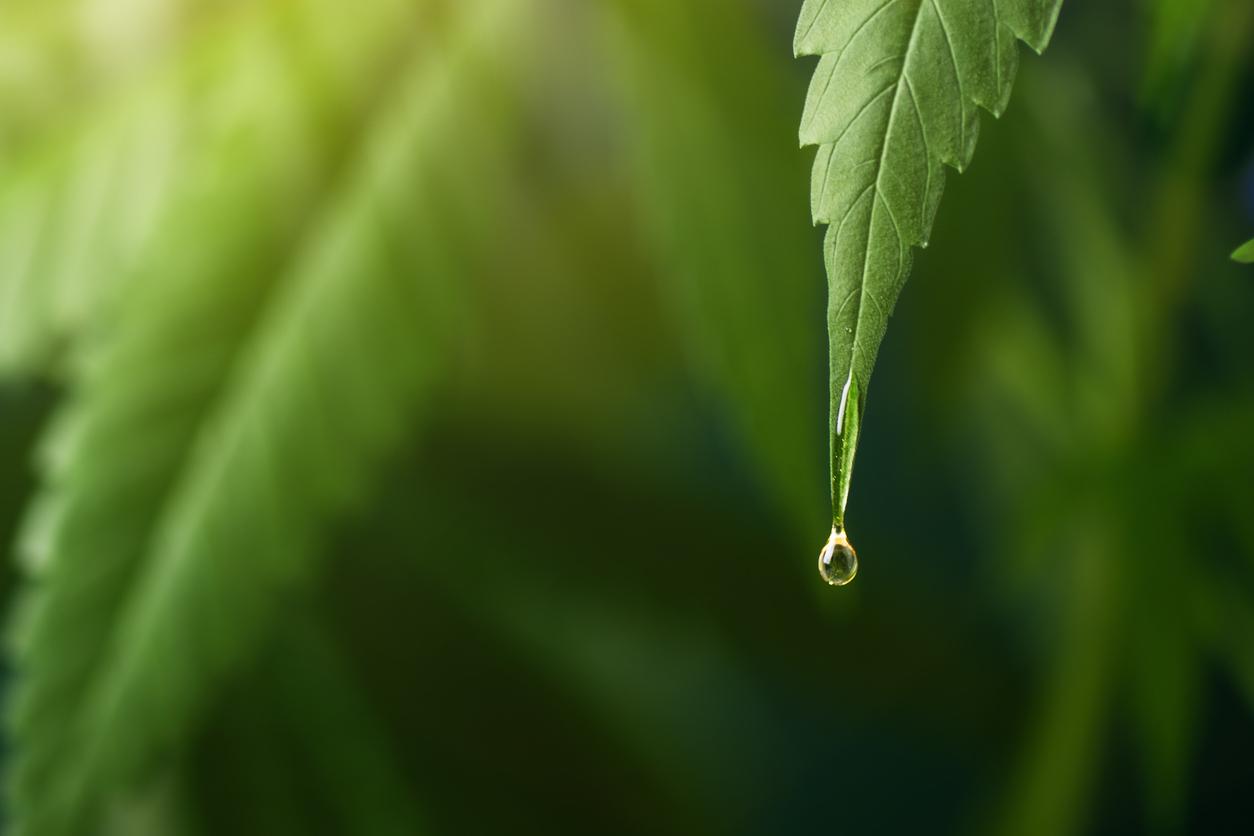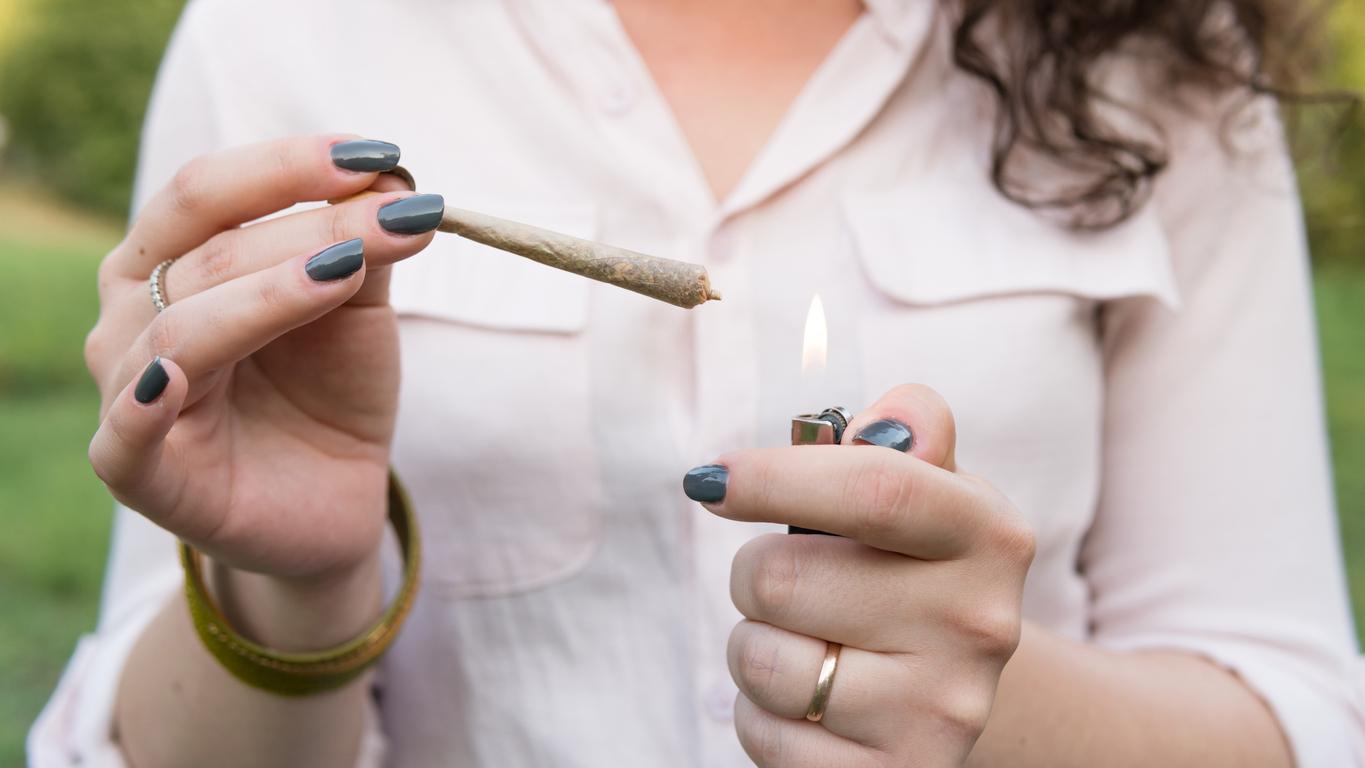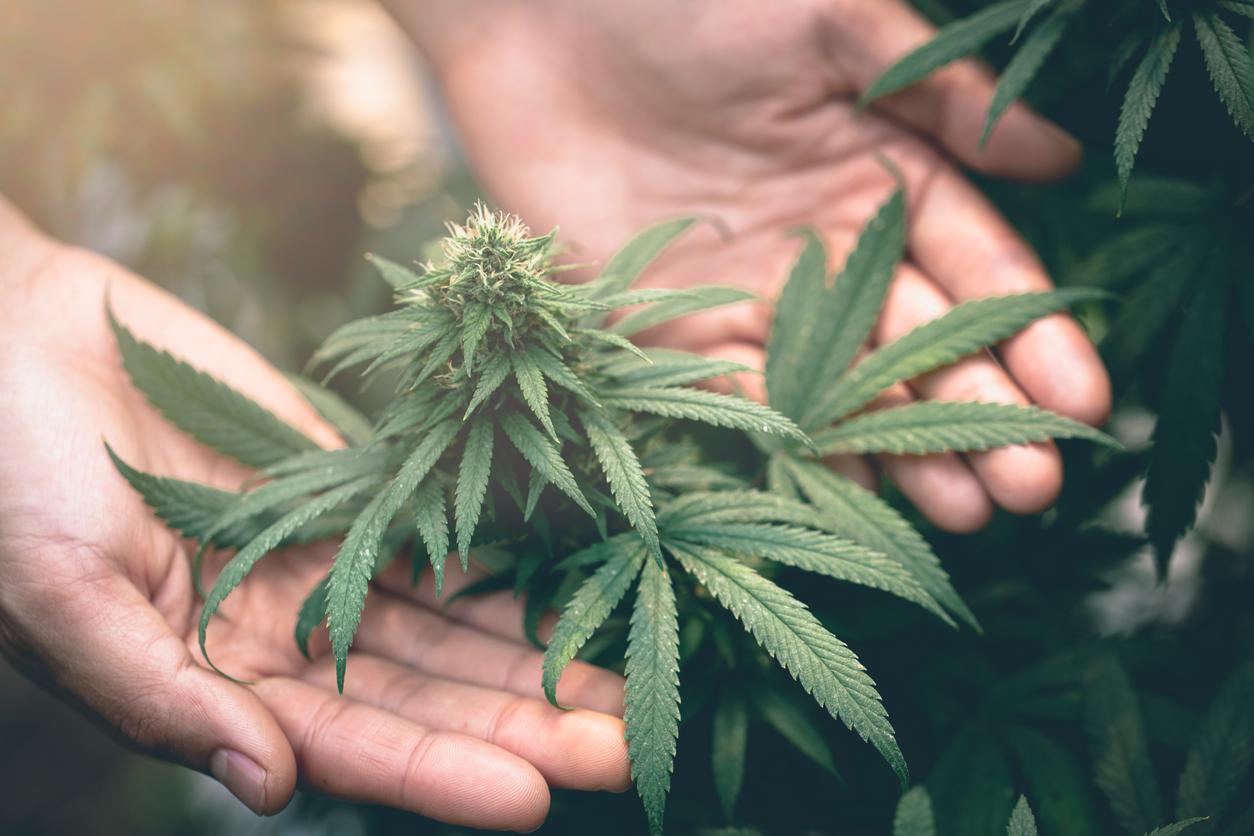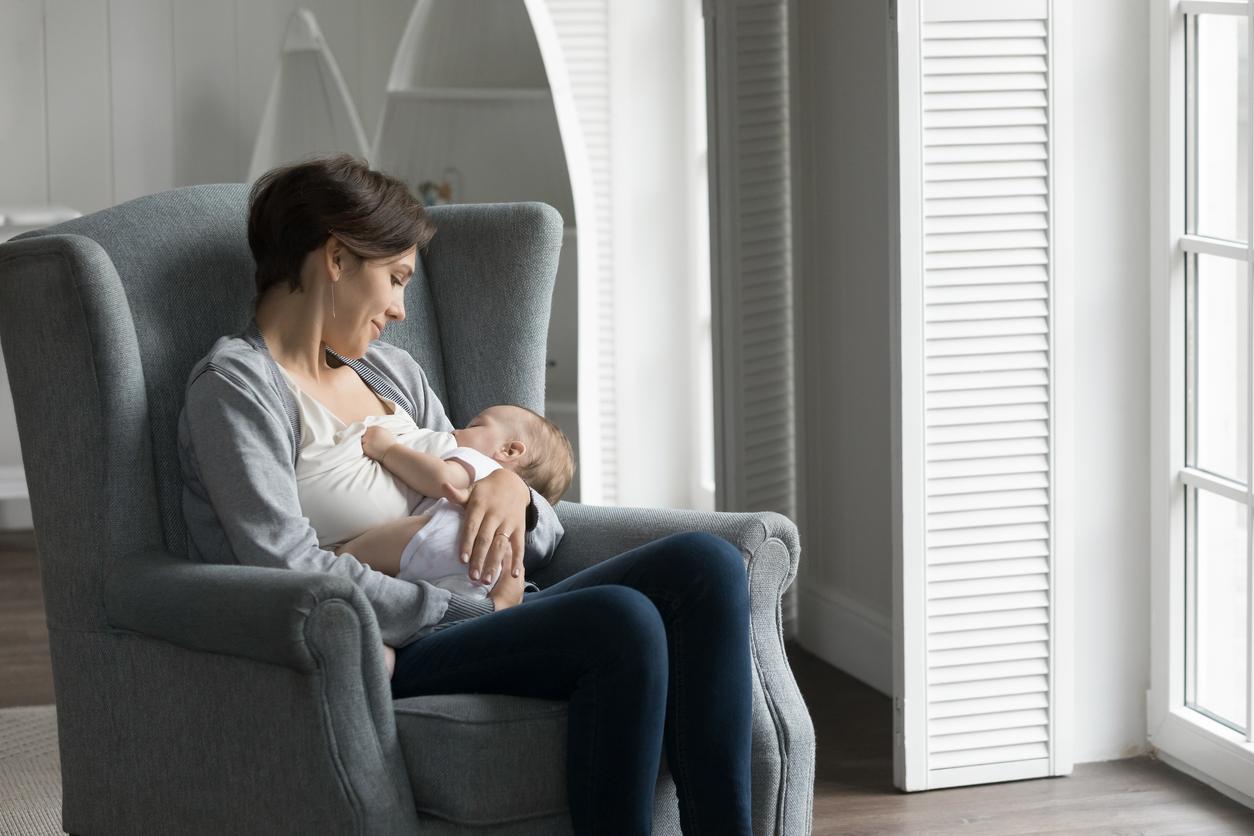In a survey, the BBC reveals that across the Atlantic, some mothers consume microdoses of cannabis to be more relaxed and available for their children.

- In the United States and Canada, more and more women are taking microdoses of cannabis to be more relaxed with their children.
- This phenomenon has been amplified with recent cannabis legalization legislation and the emergence of social networks.
- However, the effects on physical and mental health of cannabis microdoses remain largely unknown at present.
“Cannabis helps me in times of transition. I can more easily put aside my to-do list at work, as well as the challenges and frustrations I experienced that day, and put myself in a mindset that allows me to patiently help with homework or cook dinner with my daughter.”
Danielle Simone Brand is 42 years old. In a survey of the BBC, this Californian mother of two children aged 8 and 11, admits to being a regular cannabis user. Not to “high”, but to face the challenges of parenthood.
His case is far from isolated. According to the British media, “cannamoms” (a contraction of “cannabis” and “mom“, “mom” in English) are an increasingly widespread phenomenon in the United States. Danielle Simone Brand has even dedicated a book to them, written specifically “for traditional mothers who don’t know much about cannabis”. According to her, this movement “affirms that we can be responsible parents and use cannabis at the same time”.
Help to be more patient with your children
In the United States and Canada, the gradual entry into force of the legalization of cannabis has broadened the spectrum of consumers. Among them are now parents, especially mothers, who use this soft drug to help them manage their parenting lives.
According to researcher Heather McIlvaine-Newsad, the emergence of the cannamom phenomenon is also due to social networks. While in 2018, there were only a handful of people who took responsibility for their marijuana use on Facebook, today there are more than twenty groups on the social network, and each has several thousand members.
Among them is Latrese Thomas, 40 and mother of three. She admits to using cannabis “in the same way that others drink wine”.
“After a long day with the kids – especially during the pandemic, when I was home with my three babies, all day – once they were asleep I would run a bath, put on bath salts cannabis in my bath and I also smoked cannabis”she says.
Cannabis also helps these mothers to remain calm in the face of stressful situations, particularly since the Covid-19 pandemic and successive confinements. “My cannabis use not only helped ease my own anxiety about the situation, but made me a more patient parent”says Barinder Rasode, a 53-year-old mother.
Unknown health effects
The bottom line for these mothers is to microdose their cannabis use. “If I’m a parent, I only want a low enough dose that it changes my perspective a bit. more present, more patient and more creative with my children”explains Barinder Rasode.
“The big misconception is that we only smoke to get high. Well, no. I’m still a mom. I still have to function. I still have to run a business. I still have to pick up and drop off the kids and attend practices”recalls Latrese Thomas.
At present, the positive health effects of this very low cannabis consumption remain largely unknown. A study published in 2017 by the National Academy of Sciences concluded that there is little evidence to suggest that cannabis can cause the kind of long-term health effects. Studies published in 2018 highlight potential mental health risks, but also physical health, cannabis use being linked to an increase in injuries and accidents in the home. But these studies concern larger consumptions, which underlines the need for further research on microdosing, all the more so if the phenomenon of “cannamoms” intensifies in the years to come.







